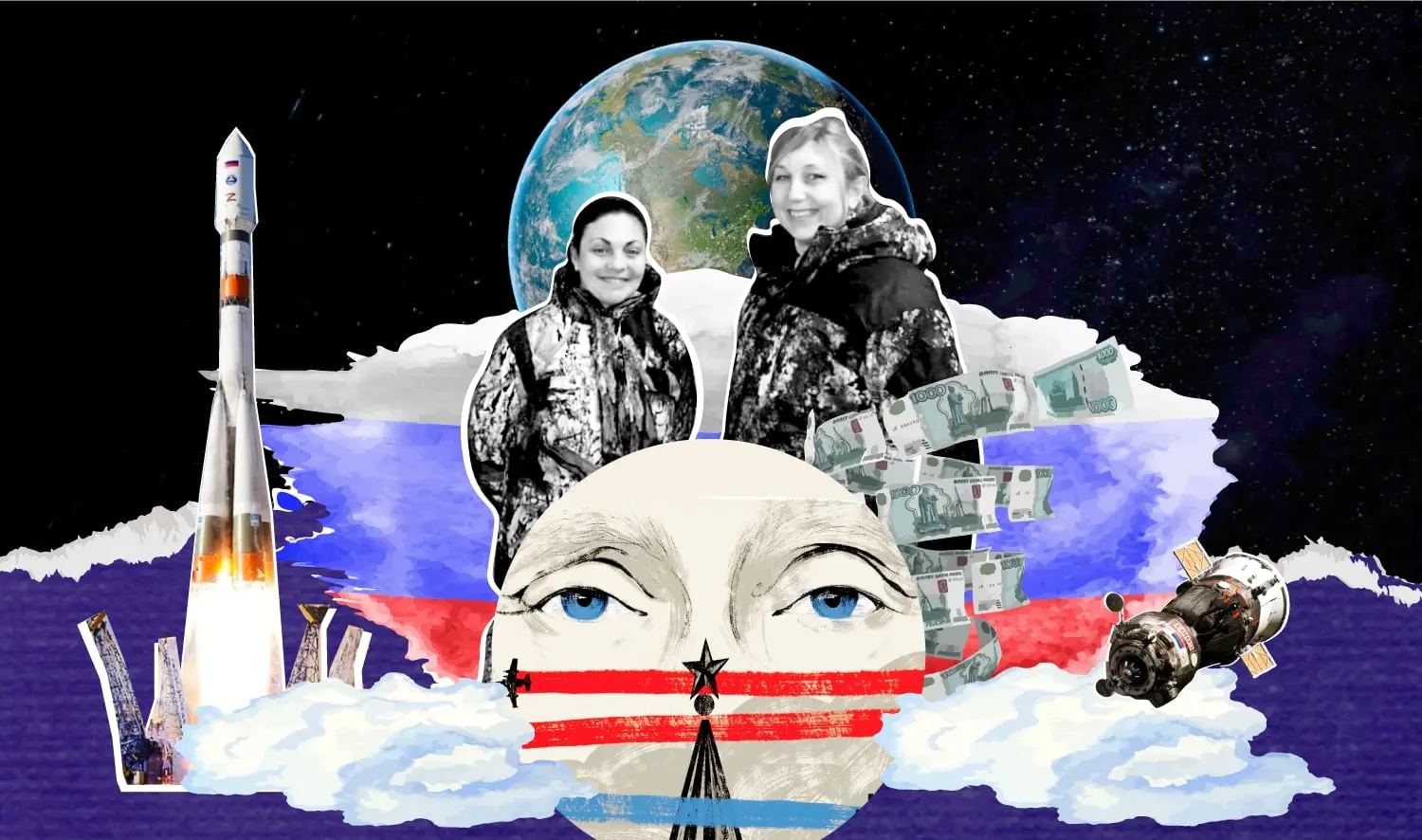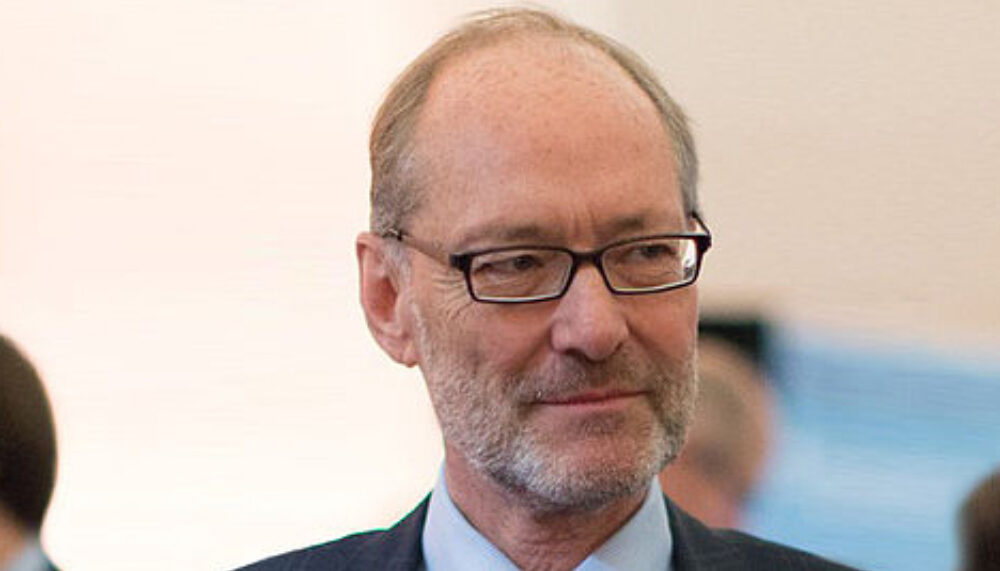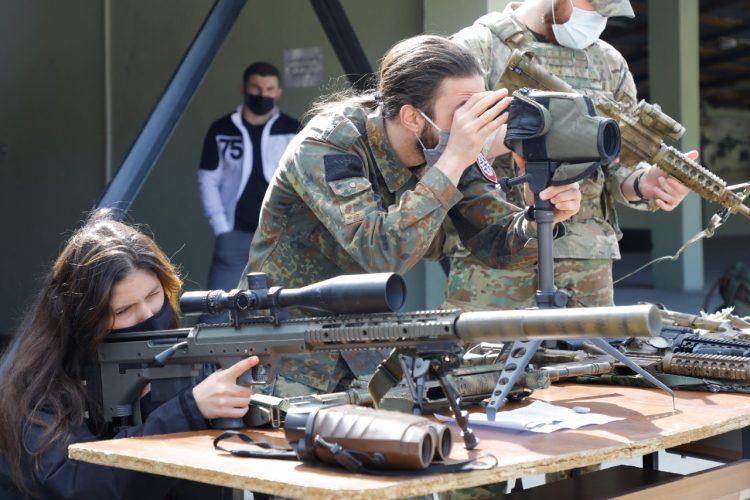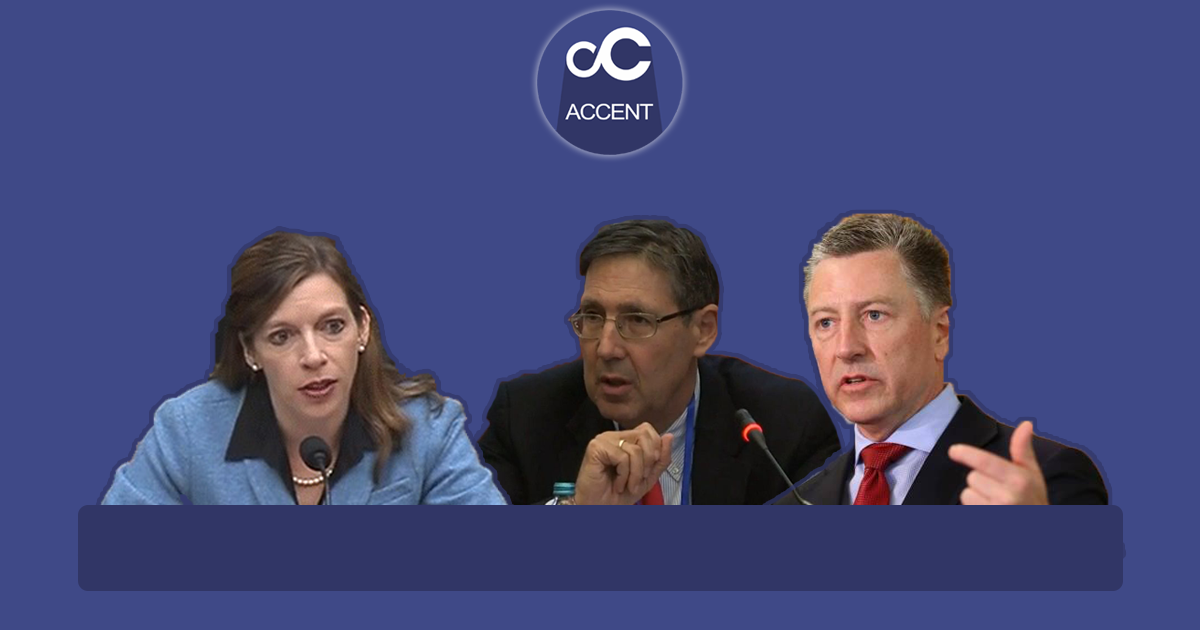
War Behind the Scenes: With Whose Help Did Tbilisi Win the Battle Against Moscow for Non-Recognition, and Is This Result at Risk?
21/05/2024 14:04:08 Conflicts, Interview
Despite the extremely polarized environment, most consider the non-recognition policy as successful. Members of the ruling team also don't miss an opportunity to boast about the results, but those engaged in promoting "sovereign democracy" often "forget" to mention the main actors, including main actors of this extremely important direction, since sovereignty and territorial integrity are the foundation of Georgian statehood.
The Accent's respondents, who at various times were participants in the process, emphasize the role of partners, including in relation to strong Russian influence and those countries with which relationships are difficult. It's unclear what "Georgian Dream", which entered into confrontation with its partners, is basing its hopes on.
Without the engagement of partners...
"Of course, Georgia alone could not overcome Russia's strong opposition," said Dimitri Tskitishvili, a former member of the ruling team, former deputy chairman of the Foreign Relations Committee, expert in foreign policy and international relations, and chairman of the "Progressive Forum". He explained that similar risks do not exist in relation to democratic countries that support Georgia and generally recognize international law. However, there are a number of countries, including African and Asian states, where "the attitudes of individual rulers may be inconsistent."
Tskitishvili also cites a specific example: the case of Burkina Faso, when there was talk about the possibility of initiating formal relations with the de facto government of occupied Abkhazia.
"At that time, with our active involvement (I was personally involved) and also with the involvement of the French government, an effective prevention took place," Tskitishvili told the Accent.
He emphasizes the achievements of Georgian diplomats, especially at the UN - since Georgia does not have diplomatic representation in some countries and communication with diplomats took place at the UN, "but without the engagement of our international partners, this would be very difficult for us, and with high probability, Russia would managed to obtain 'recognition' in certain regions and countries."
He describes the general situation: the economies of some African countries are very fragile, and there are authoritarian regimes that try to "receive certain support (financial or otherwise), and in this case, Russia, with its 'black money' and not only, tries to influence vulnerable countries."
"This is Russia's strategy, and of course, it would be difficult for Georgia alone to compensate for this process, especially since we have only two embassies in Africa, and Africa is very diverse, as well as Asian countries - it's not so easy to establish relationships with them, and it's often difficult even within the UN framework. Due to certain historical connections, our partners are helping us build bridges of cooperation with them. Therefore, with the engagement of our partners - EU member countries and the US - I would say that we have largely won this battle at this stage, and hopefully, it will continue this way - Russia has not managed to create even a small group of countries that would recognize them [occupied territories of Georgia] - Syria and Nicaragua don't count, as they have their own statehood problems."
Former State Minister Paata Zakareishvili does not downplay the role of Georgian diplomats, but he also shares with the public potentially unknown details about partners and activities regarding the non-recognition process:
"First and foremost, it's the US, the European Union, and then, surprising to many, Australia and New Zealand. The Georgian government would be powerless, it would not be able to defend its sovereignty, if not the support of friendly states that saw and still see Georgia's aspiration towards democracy."
Given the sensitivity of the topic, without going into details, he recalls that in the case of "several African states," it became necessary to "involve partners." "There were nuances in Latin American countries where Russian diplomacy was working, but after the engagement of the US they realized it was better not to touch this issue."
"In Nauru, they are still undecided - there's an ongoing struggle around this issue, and it's an example of this influence. Vanuatu withdrew its recognition due to pressure from Western partners." he added.
He also emphasizes the provision in the main financial document of the US that "it will not assist states that recognize the "independence" of Georgia's occupied territories."
Is there a basis for relaxing?
The example of Syria, when a country engulfed in civil war recognized Georgia's occupied territories as "independent states" in 2018, demonstrates that the situation requires constant engagement.
"They were influenced during the civil war. I can't tell you what they received in return - possibly weapons, certain support, but the fact is that recognition occurred when Syria became particularly vulnerable," Tskitishvili said.
The Accent's respondents fear that the Georgian government's deadlocked relations with Western partners will also put the non-recognition policy at risk.
"Unlike democratic countries that recognize international law, the situation is different in non-democratic countries, especially since governments often change through undemocratic means, making it difficult to predict which regime will come to power. These regimes are mostly supported by Russia. Consequently, we always need the engagement of our partners to continuously protect our statehood from such risks.
When the government brings its relations with the West into a confrontation - we can see this at the level of rhetoric and in actions - practically, Georgia becomes one of the countries that will have no other way but Russia. And this is already an established fact that Russia will not take care of our statehood and territorial integrity. If we isolate ourselves from the democratic world, we become much more vulnerable and easy targets for Russia to manipulate anything, including issues of territorial integrity - and we will have no one to defend us. If we enter into a conflict with our partners who establish the principles of democratic international law, we will become a de facto colony of Russia, whose fate is determined by Russia!," Tskitishvili said.
The former State Minister also sees the same risks:
"If we say that we choose Russia and authoritarianism, the West rejects us, we will lose support. Russia will activate its levers to strengthen the context of recognizing Georgia's regions in the same African, Latin American, and Arab states. And it will turn out that it's not the 'Georgian Dream' government that protects sovereignty, but the US protected it!
Unlike democratic states that help countries, Russia buys elites. What was the Russian private military company 'Wagner' doing? It protected regimes and in return had the opportunity to extract precious ore. They don't help states, but regimes. And the regime must necessarily be authoritarian because democratic regimes change. Russia is ready to help not Georgia, but the regime, and it's important for society to understand this. If Russia takes over the curation of Georgia, in reality, it will take over the curation of the "Georgian Dream" party and their well-being, which will cost them much less, and we will join the ranks of African states. Today, we truly face an existential challenge – we are choosing between the chance to join the ranks of developed countries or losing this opportunity for 10-20 years!"
Tskitishvili reminds those under the illusion of the possibility of regulating relations with Russia of the past:
- "Russia was contractually the guarantor of Armenia's security, Armenia was a member of the Russian-led Collective Security Organization, and what did it gain from this? In a critical moment, it not only failed to protect but didn't even try to;
- Russia itself was the guarantor of Ukraine's security - it has signed a document along with Britain and the US. It issued guarantees in exchange for Ukraine giving up nuclear weapons, and what did the 'settled' relations with Ukraine turn into?
- Let's recall Georgia's case - we were members of the CIS, and what result did we get? Occupied territories!"
He states that any kind of agreement with a country that is completely detached from the principles of international law and does not respect them becomes absolutely meaningless, and that "settling" relations with Russia is inconceivable unless it is forced to make concessions:
"It may be forced to do so if Georgia is not only left face to face with it, but also has very strong international support and stands firmly on the principles of international law, and this is fundamentally important."









